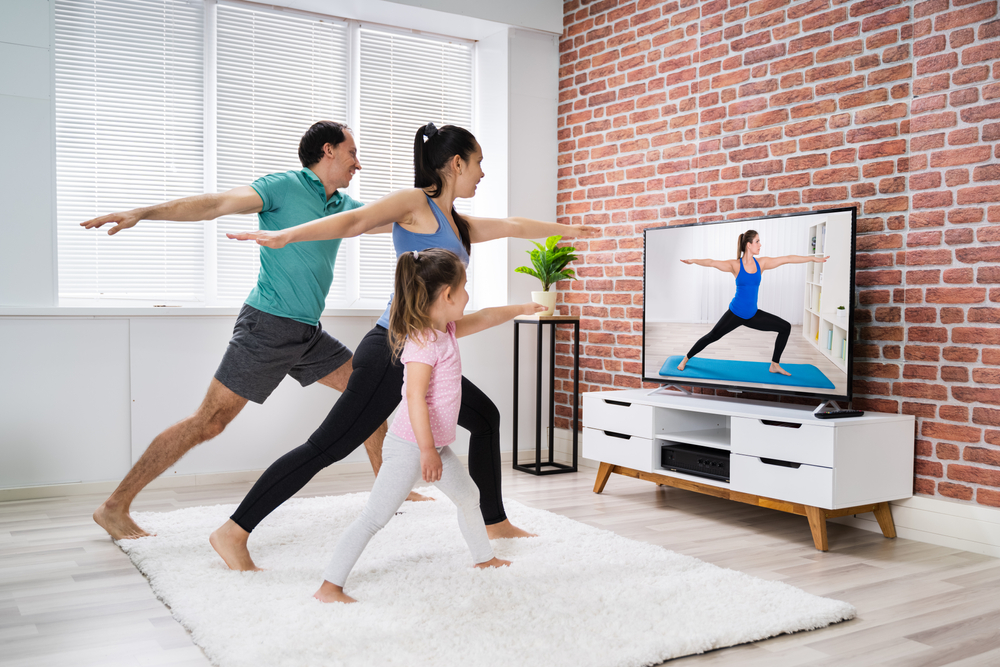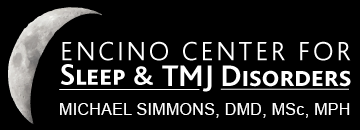The Role of Exercise in Promoting Better Sleep Quality

Too Tired to Sleep? How Exercising More Can Improve Your Sleep
Getting a good night’s sleep is vital for both physical and mental well-being. However, many individuals have trouble falling asleep, staying asleep through the night, or feeling restored after a full night’s rest. Engaging in regular exercise may be one solution for improving sleep quality. Whether you struggle with insomnia, feel drowsy during the day, or simply want to improve your sleep hygiene, adding physical activity into your daily routine can help you fall asleep faster, sleep more soundly, and wake up feeling refreshed.
The Role of Exercise in Promoting Better Sleep Quality
Getting enough high-quality sleep is crucial for both physical and mental health. However, many people struggle to fall asleep, stay asleep, or feel rested after a full night’s sleep. Exercise may be one solution for improving sleep.
How Exercise Promotes Sleep
Exercise has been scientifically proven to help people fall asleep faster, enjoy more restful sleep, and feel more alert during the day. There are a few key ways that exercise promotes better shut-eye:
Reduces Stress and Anxiety – Exercise decreases levels of the stress hormone cortisol and helps manage anxiety. Lower stress leads to less nighttime tossing and turning.
Regulates Circadian Rhythm – Our natural circadian rhythm controls our sleep/wake cycle. Exercise helps align this 24-hour cycle so we feel sleepy at bedtime.
Raises Body Temperature – Vigorous late-day exercise temporarily raises body temperature, which precipitates cooling down. This temperature drop triggers sleepy feelings.
Induces Deeper Sleep – Tiring out the body through exercise leads to more time spent in slow-wave and REM sleep, when the body is truly at rest.
Best Types of Exercise for Sleep
Certain forms of exercise are particularly powerful when it comes to enhancing sleep:
- Yoga – Gentle evening yoga relaxes the body and mind before bed. Inverted poses boost circulation.
- Aerobic – Get the heart pumping with jogging, swimming, cycling, or similar cardio early in the day.
- Resistance Training – Lifting weights triggers the release of sleep hormones like growth hormones.
- Walking – Low-intensity walking in the evenings helps regulate the circadian rhythm.
- Tai Chi – This mind-body practice reduces stress and relaxes muscles when done before bedtime.
Tips for Exercising for Better Sleep
Follow these tips to maximize the sleep-promoting benefits of exercise:
- Exercise daily for 20-30 minutes minimum, building up to higher intensity and duration. Consistency is key.
- Avoid vigorous exercise within 2-3 hours of bedtime, as it may overstimulate.
- Ease exertion as the evening approaches, by doing lighter activities like yoga or walking.
- Hydrate well during and after exercise to prevent disruptive nighttime bathroom trips.
- Don’t exercise right before bed, as the post-workout adrenaline surge can make it harder to fall asleep.
- Allow the body to cool down before laying down to sleep.
Improving sleep through daily exercise has cascading positive effects on health, energy, mood, and concentration. Just be mindful of timing and intensity when working out close to bedtime. Consult Encino, CA sleep specialist before starting any new exercise regimen
Insomnia Frustrating You? We Have Solutions
Struggling to get a good night’s sleep? You don’t have to deal with restless nights and drowsy days alone. At Encino Center for Sleep & TMJ Disorders, we understand the frustrations of insomnia and are here to help get your sleep schedule back on track. Our team of seasoned sleep dentists can work with you to develop a customized treatment plan involving targeted exercise regimens and other proven sleep-promoting therapies.
Take the first step and call (818) 300-0070 to schedule a consultation. We are committed to your sleep health and restoring the restorative rest you need to function at your best. Don’t wait another restless night – with our integrative approach focused on exercise and other lifestyle changes, you can achieve transformative improvements in your sleep.
